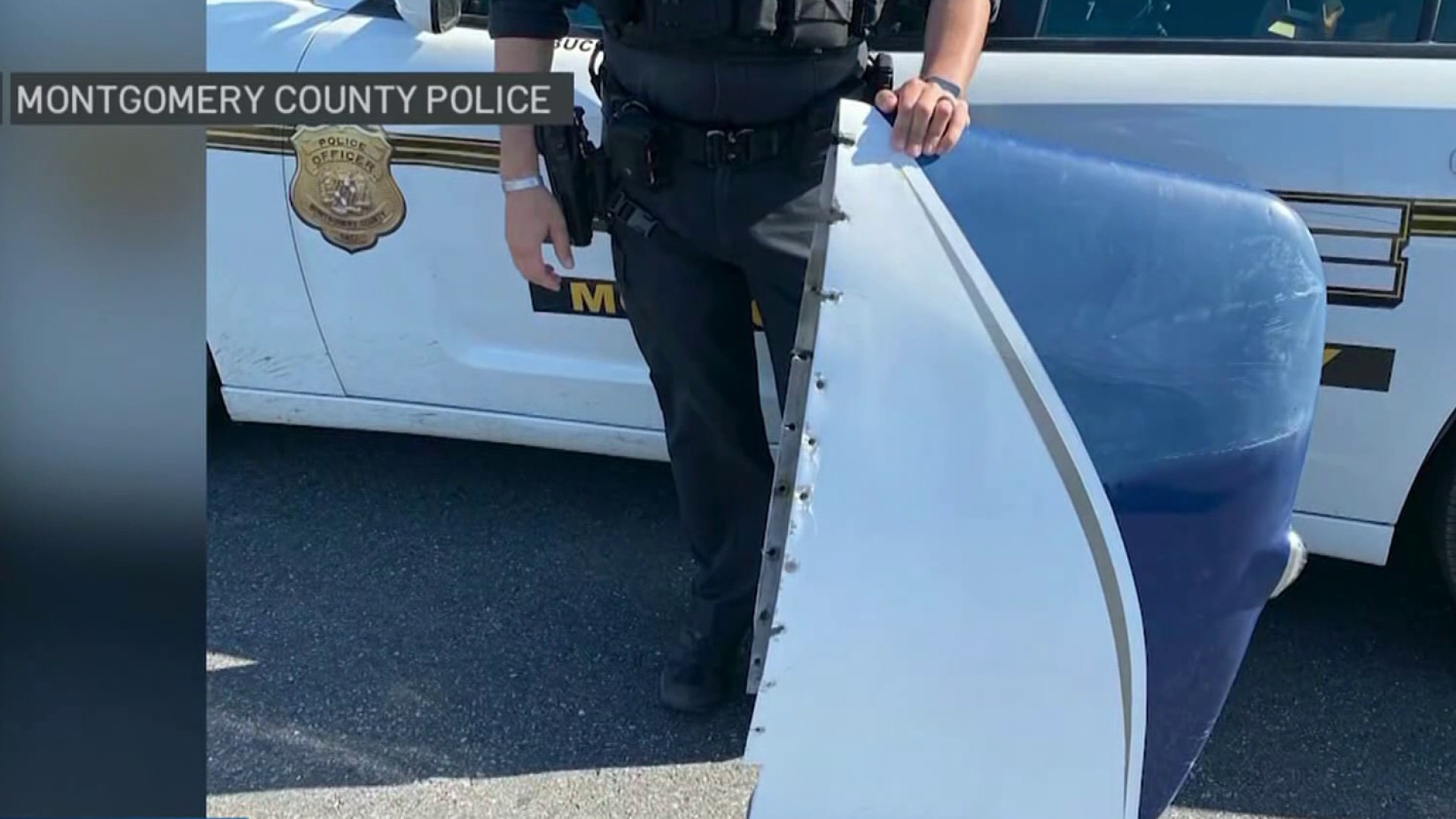Within less than an hour after two explosions ripped through crowds at the finish line of the Boston Marathon, scammers were out to prey on the tragedy, reported the News4 I-Team.
One account, "@_BostonMarathon" -- note the underscore at the beginning -- was quick to tweet that "For every retweet we receive we will donate $1.00 to the #BostonMarathon victims."
It was a noble sentiment, but Twitter users discovered that the account's bio had almost no verifiable information and seemed to be mimicking the real Boston Marathon account. They called it out as a fake and a heartless fraud, and Twitter suspended that account shortly after the tweet seeking donations.
The real Boston Marathon account is "@BostonMarathon" -- with no underscore.
It's not unusual for scammers to follow tragedy, or to ape real accounts by adopting a name close to a real account. But the act infuriated NBCWashington users who turned to social media Monday to keep up with the news coming out of Boston.
Tracy Osborne wrote to News4 I-Team Reporter Tisha Thompson: "Can't figure out what is worse, the ones who set the bombs or the ones taking advantage of the tragedy."
Said Orpheus Williams, "They should be found and prosecuted to the fullest extent of the law."
Local
Washington, D.C., Maryland and Virginia local news, events and information
To report a scam to the Better Business Bureau, CLICK HERE.
For users looking for legitimate sites for more information, experts said to stick to verified accounts from non-profits or businesses that you already know. The American Red Cross has resources on its website, including a special database where people can check on the safety of loved ones or post a message that they are "safe and well."
Google also launched a "person finder" to help people in the Boston area -- many of whom had trouble with cell service -- connect with loved ones.
As for charitable appeals, News4 Consumer Reporter Liz Crenshaw said to check out any appeals with the Better Business Bureau or your state Attorney General's office before giving.
The American Red Cross said it has enough blood and financial resources committed to Boston at this time but encouraged people to give blood in the weeks and months ahead.
BBB Wise Giving Alliance -- BBB's charity-monitoring arm -- shared 10 tips for confident giving:
- Thoughtful Giving: Take the time to check out the charity to avoid wasting your generosity by donating to a questionable or poorly managed effort. The first request for a donation may not be the best choice. Be proactive and find trusted charities that are providing assistance.
- Help Spread the Wise Giving Word: Remind your friends and family to be cautious about giving requests in the wake of such a tragedy and ask them to spread the word as well. People are emotionally moved by events like these and may react before they have time to carefully consider.
- State Government Registration: About 40 of the 50 states require charities to register with a state government agency (usually a division of the State Attorney General’s office) before they solicit for charitable gifts. If the charity is not registered, that may be a significant red flag.
- Respecting Victims and Their Families: Organizations raising funds should get permission from the families to use either the names of the victims and/or any photographs of them. Some charities raising funds for the Colorado movie theater and Newton school victims did not do this and were the subject of criticism from victims’ families.
- How Will Donations Be Used? Watch out for vague appeals that don’t identify the intended use of funds. For example, how will the donations help victims’ families? Also, unless told otherwise, donors will assume that funds collected quickly in the wake of a tragedy will be spent just as quickly. See if the appeal identifies when the collected funds will be used.
- What if a Family Sets Up Its Own Assistance Fund? Some families may decide to set up their own assistance funds. Be mindful that such funds may not be set up as charities. Also, make sure that collected monies are received and administered by a third party such as a bank, CPA or lawyer. This will help provide oversight and ensure the collected funds are used appropriately (e.g., paying for funeral costs, counseling, and other tragedy-related needs.)
- Online Cautions: Never click on links to charities on unfamiliar websites or in texts or emails. These may take you to a lookalike website where you will be asked to provide personal financial information or to click on something that downloads harmful malware into your computer. Don’t assume that charity recommendations on Facebook, blogs or other social media have already been vetted.
- Financial Transparency: After funds are raised for a tragedy, it is even more important for organizations to provide an accounting of how funds were spent. Transparent organizations will post this information on their websites so that anyone can find out and not have to wait until the audited financial statements are available sometime in the future.
- Newly Created or Established Organizations: This is a personal giving choice, but an established charity will more likely have the experience to quickly address the circumstances and have a track record that can be evaluated. A newly formed organization may be well-meaning but will be difficult to check out and may not be well managed.
- Tax Deductibility: Not all organizations collecting funds to assist this tragedy are tax exempt as charities under section 501(c)(3) of the Internal Revenue Code. Donors can support these other entities but keep this in mind if they want to take a deduction for federal income tax purposes. In addition, contributions that are donor-restricted to help a specific individual/family are not deductible as charitable donations, even if the recipient organization is a charity.



